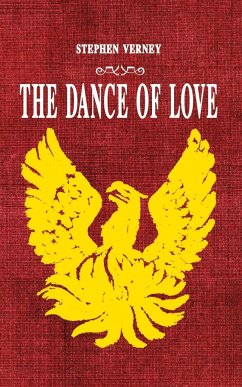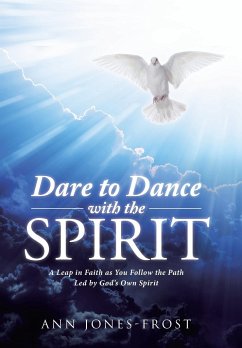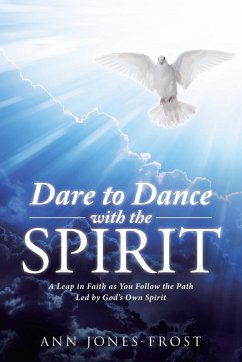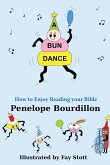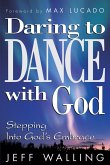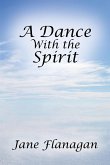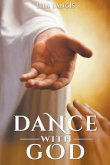In The Dance of Love, Classics scholar Bishop Stephen Verney revisits the ancient Hebrew and Greek to explore the original meaning of key Christian words such as 'glory', 'repentance' and 'forgiveness'; words that have lost their original significance and are often diametrically opposed to their true meaning; words that will unlock the doors that block us from knowing God, others or our true selves. Verney's God is not a vengeful God, but a God of love. When people call for repentance they should not grovel in front of an angry and powerful God but instead forge new relationships. They do not hear the truth in the noise of materialistic culture and ask the questions to which these key words provide the answer - questions about relationships with God, one another and Nature, or the question: 'who am I?'. Verney urges us to return to the traditional truth of Christ and rediscover his words in the true context of today. Christ's truth can save the world but people must know how to read the signs that point to the true mystery of God. Stephen Verney (1919-2009) was born at Claydon House in Buckinghamshire, where his family had lived since 1456. He went to Harrow School and then on to Balliol College, Oxford where he read Classics. During the Second World War he served with the Friends Ambulance Unit during which he drove ambulances across The Artic and then ran a hospital in Aleppo where he worked as an anaesthetist and was then recruited into the Greek Resistance. He was sent to Crete where his brief was to undermine the morale of the Germans who had occupied the island, and to persuade German soldiers there to defect. He was made a Citizen of Athens in 1990 when Kostas Mitsotakis, a member of his Cretan gang, became Prime Minister of Greece. After the war he returned to Oxford to continue to read Classics and he was ordained as an Anglican clergyman in 1951. In 1964 he became Canon Residentary of Coventry Cathedral, and wrote Fire in Coventry, his first book. While in Coventry he brought together people from thirty-three nations - people who were searching for a positive version of the city of the future - in a conference called 'People and Cities'. His second book, People and Cities, was published in 1969. From Coventry he went to Windsor Castle as one of the Queen's Canons where he shared responsibility for worship at St George's Chapel, and the training of new clergy and laity at the College of St George. He wrote Into the New Age at Windsor following the death of his first wife, Scilla. Between 1977 and 1986 he was Bishop of Repton, during which time he became the first bishop to marry a divorcee. He wrote Water into Wine, his best-known book, after the birth and death of his son Harry in 1982. He and his wife Sandra moved to Blewbury in Oxfordshire in 1986 and he began running conferences at The Abbey in Sutton Courtney where he gathered together groups of people with opposing points of view - nuclear physicists and Greenpeace activists, proponents and protagonists of the ordination of women and decision makers from all political parties. His vision of The Abbey was as a place where people could stop and think, voice their differences, learn to listen to each other and begin to understand different points of view. He spent the last ten years of his life exploring in depth themes involving the coexistence of opposites, such as good and evil, war and peace, sexuality and spirituality, masculinity and femininity and relates these themes to his own personal experience of life. This fascinating exploration will be realised in the publication of his last book Snakes and Ladders in 2014.

